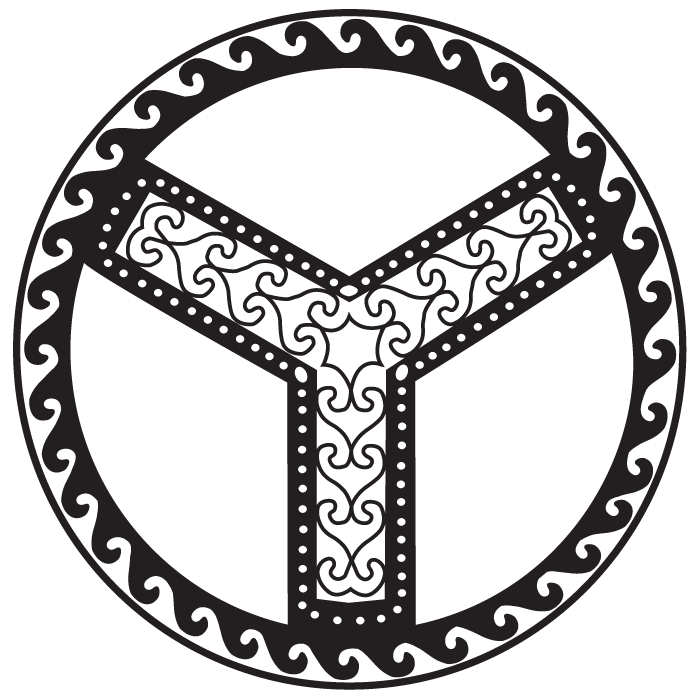

If you set up the nonguix channel you need to add the nonguix substitutes, or else it will compile whatever nonguix packages you’re using from source, including the kernel, which will take forever.
Also, the nonguix substitutes server is currently down for ipv4 users but someone has set up a mirror at nonguix-proxy.ditigal.xyz, so you can use that instead.







Haskell is typed and has a repl.